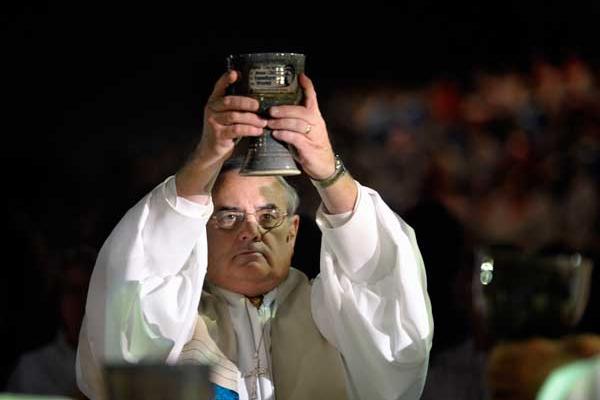Apr 25, 2012
As nearly 1,000 delegates from across the world gather in Tampa, Fla., for the United Methodist Church's General Conference, gay and lesbian activists have printed pamphlets promoting their cause in five languages, including Portuguese and Swahili.
The UMC's global reach, stretching from the Philippines to Philadelphia, compels the multilingual lobbying. Nearly 40 percent of the delegates, who meet through May 4, live outside the United States, according to church leaders.
“We see it as a challenge to deal with the cultural differences,” said Bishop Rosemarie Wenner of Germany, who will be installed in Tampa as president of the UMC’s Council of Bishops. “But we also see it as a gift.”
Read the Full Article

Already a subscriber? Login
